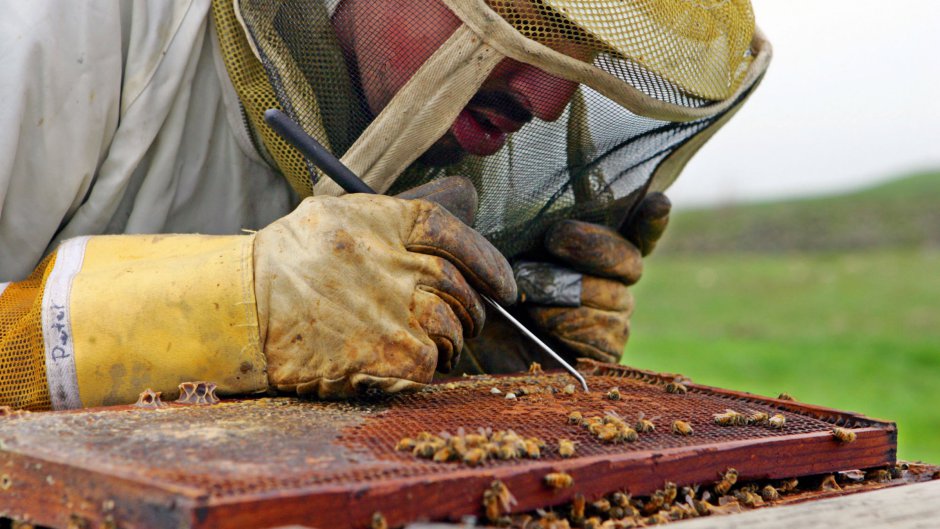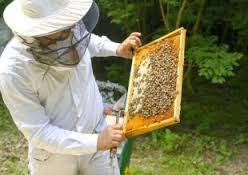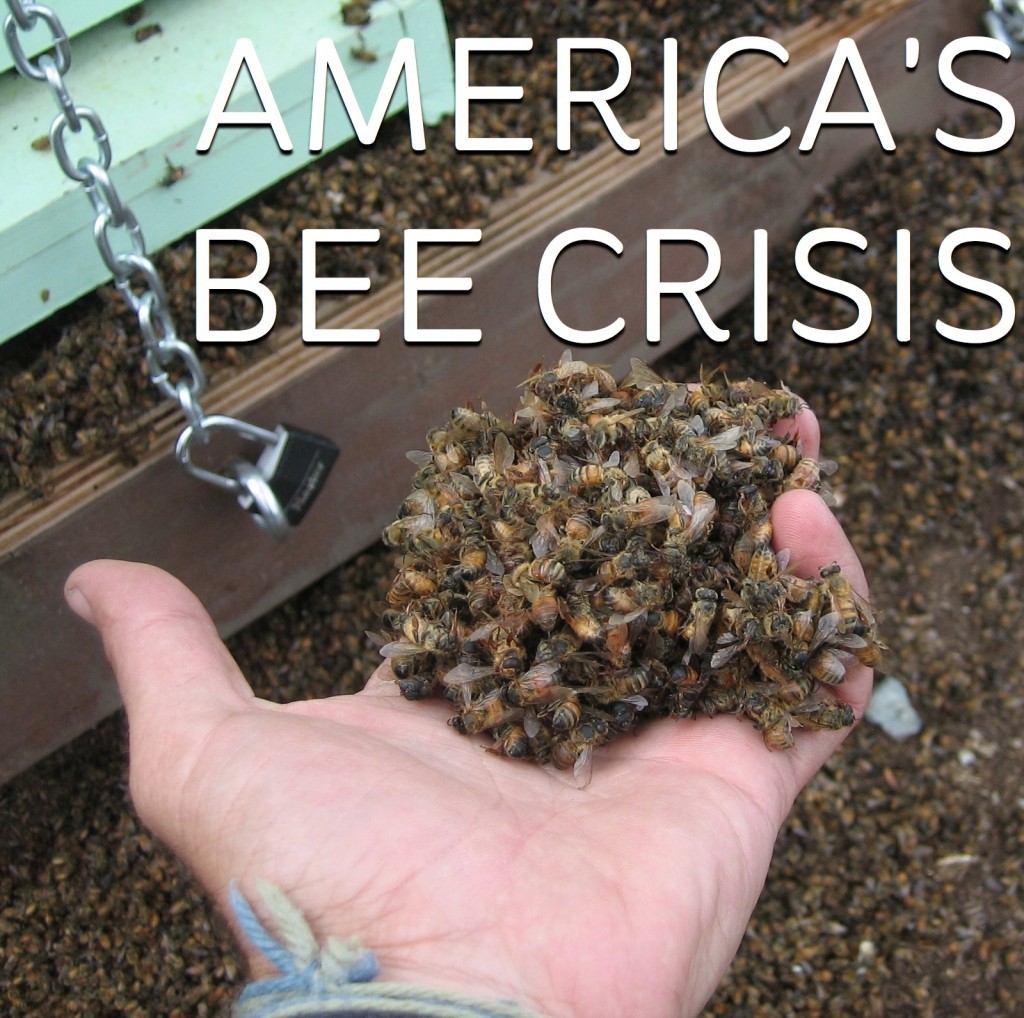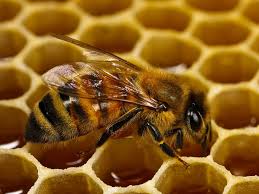The August 28th edition of Warrior Connection was a discussion about the health effects and effects on learning of pesticide and other toxic compound exposures…

Neonicotinoid
- Home/
- Tag/
- Neonicotinoid/

As we’ve written before, the mysterious mass die-off of honey bees that pollinate $30 billion worth of crops in the US has so decimated America’s apis…

The following is an excerpt from the new bookMason Bee Revolution: How the Hardest Working Bee Can Save the World One Backyard at a Time [4] by…

[Editor’s note: Evidence has been mounting that the U.S. Department of Agriculture has been silencing its own bee scientists who have raised the alarm about…

Low levels of pesticides can impact the foraging behaviour of bumblebees on wildflowers, changing their floral preferences and hindering their ability to learn the skills…

The Colony Collapse Disorder (CCD) issue you keep hearing about (the phenomenon that is killing our bees and butterflies), well it just got real again with a study…

Pesticides that have been banned in Europe over bee safety concerns may pose an even greater risk to pollinators than previously thought, a new report…

The most comprehensive survey to date of pollution in the US from a controversial group of pesticides has found the chemicals are widespread in streams…
An important and timely report just released by The Organic Center shows that organic farming practices are effective in maintaining the health and population of…

Yesterday, the Obama administration released its long awaited National Pollinator Health Strategy, a requirement of a presidential memorandum released last June, which directed federal agencies to establish a…

Want proof that our representatives are likely taking handouts from Syngenta, Bayer, and other Big Ag makers of bee and butterfly killing neonicotinoids? Elected representative Rodney…

Faced with the growing crisis of declining bee populations, the White House on Tuesday released its strategy for improving pollinator health. Almost immediately, experts decried…
